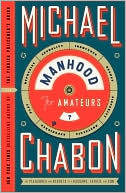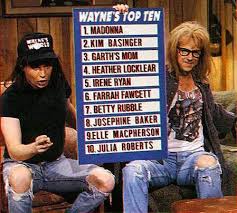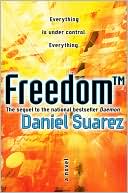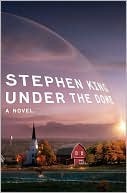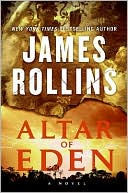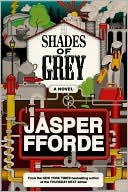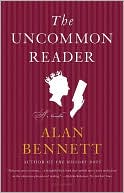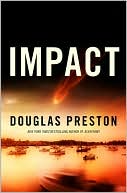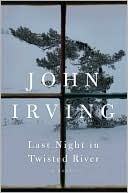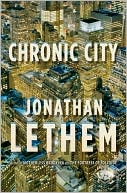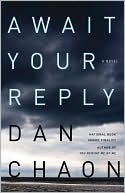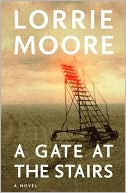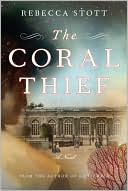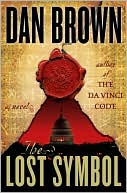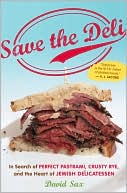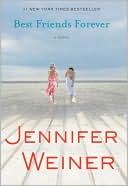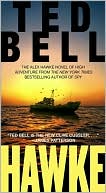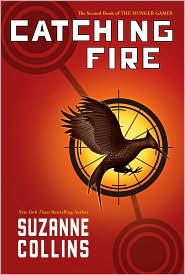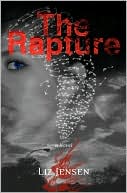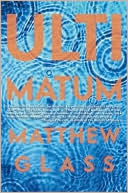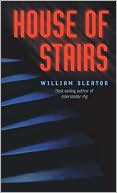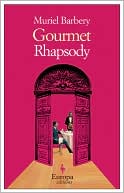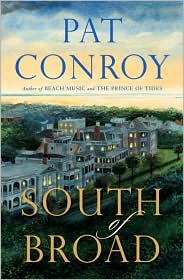
South of Broad
by Pat Conroy
Leopold Bloom King ("Leo" to friends) is the narrator of Pat Conroy's first novel in 14 years. The story opens on Bloomsday, 1969, in Charleston, South Carolina. Most families don't commemorate this celebration of the work of James Joyce, but then again, most parents don't name their sons after fictional Joycean characters. At the tender age of 18, painfully shy Leo has had enough drama to last a lifetime. Trouble began early with his radiant older brother's suicide. Leo found the body. This led to years of therapy and adventures within the mental health care system. Finally released from institutions, Leo is immediately convicted of a crime he didn't commit, but for which he refuses to defend himself. All of this has occurred before the events of the novel, and is exposited in the first 50 pages or so.
On that fateful Bloomsday, Leo is finally on the verge of getting his act together. And this kid is too good to be true. He's got no friends his own age, but Leo is genuinely kind-hearted and charms any adult willing to give him a chance. However, everything changes on that day. That is the day that larger-than-life twins Sheba and Trevor Poe move across the street. It is also the day that he meets Ike Jefferson, the son of his new African American football coach (thanks to desegregation). It is the day he meets teenage orphans Niles and Starla Whitehead, just arrived in town and handcuffed to their chairs. And, finally, it is the day he meets South of Broad bluebloods, Chad and Fraser Rutledge, and the beautiful Molly Huger. It is, in short, an eventful day.
The non-linear novel is told in five parts. That first section established the rich Charleston setting, gives the necessary exposition, and cements the life-altering relationships of these high school friends. Part two is set 20 years later. It is 1989, and Sheba Poe has returned to Charleston as one of the biggest movie stars in the world. She's a drama-queen of the highest order, but she hasn't forgotten her friends or her roots. As the group of friends reunites around Sheba's surprise visit, we see what's become of these teenagers we've just gotten to know. And we learn just how incestuous this group is, and who ended up married to whom.
It was this section, more than any other, that reminded me powerfully of the film The Big Chill--right down to the South Carolina setting, the careers of some of the friends, and the many (many!) issues they are dealing with. Part three sees this close-knit group on a quest to San Francisco. One of their number, openly gay and rumored to be dying of AIDS, is missing. No one has heard from him in over a year. Part four returns us to 1969 and the friends' senior year of high school. It is here that we learn more of the events that led to the adult lives these people were leading 20 years later. And finally (and I do mean finally, as the book came in at over 500 pages), part five returns to 1989/1990 and the culmination of all the plots and dramas we've exhaustingly witnessed.
It is a truly staggering list of discord. All the typical Conroy highlights are hit: daddy issues, mommy issues, male and female rape, suicide, southern living, mental illness, military education, team sports, adultery, relationships with coaches, family drama, and so much more. This sort of... redundancy of themes... can't help but make you wonder what the author may be working through. Nonetheless, though revisiting a lot of territory, Conroy jumbles things up in new and interesting ways.
I had a very mixed reaction to this book. I can (and will) criticize any number of aspects of this novel, but I can't deny that it was entertaining. It's compulsively readable, but in a trashy, guilty pleasure sort of way. I usually think better of Pat Conroy. Some of the language exhibits his renowned lyricism, but much of the dialog is cringe-worthy. Each of the characters attempts to be more witty and glib than the next. Their dialog is a non-stop stream of one-liners, innuendo, and casual racism. None of it rings true, and goes a long way towards making these characters, their actions, and the constant high drama simply too much to believe. Most of the characters are extreme personalities (some of them downright repugnant), and I found it truly hard to believe that their bonds were as tight as was depicted. The entire San Francisco section took Conroy way out of his element. and while he convincingly narrated through the eyes of an outsider, the story he told rang false. Armisted Maupin he's not.
And I mentioned it before, but by the end of the book, the non-stop drama of these people's lives is exhausting. Family drama, relationship drama, racial drama, religious drama, deaths, suicides, crimes, affairs, mental illness, addiction, natural disasters, and not one psychopath--but two! Folks, it's a lot to take in. Mr. Conroy's stored up a lot of plotlines in the time he's been away from fiction, and apparently he decided to use them all.
I'm sure his fans will defend this novel. And it's already a best-seller, but it's far from his strongest work. Read it if you're a die-hard fan, or if you're just looking for a page-turner. But if you're expecting a lot more than that, I expect you'll be disappointed.

